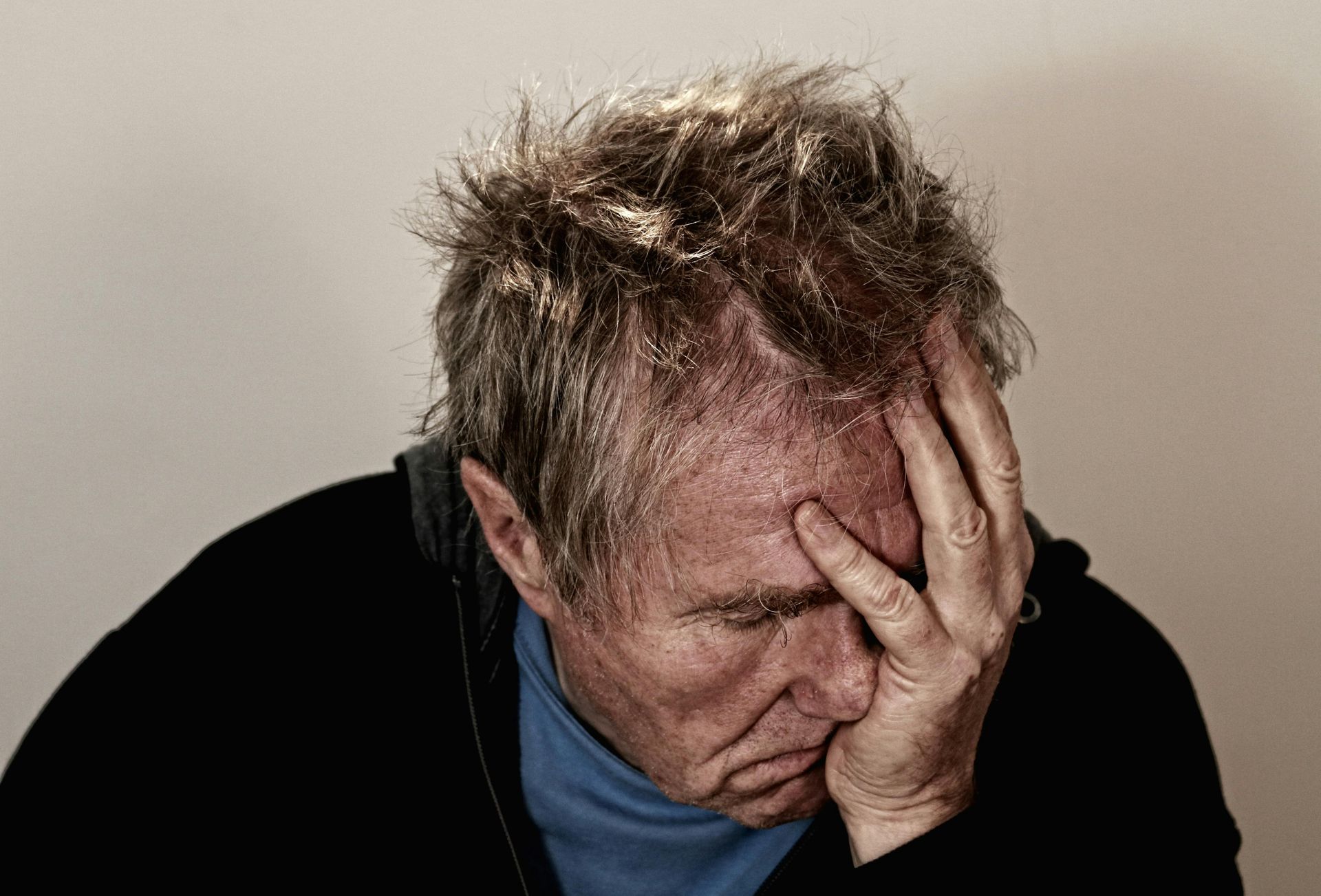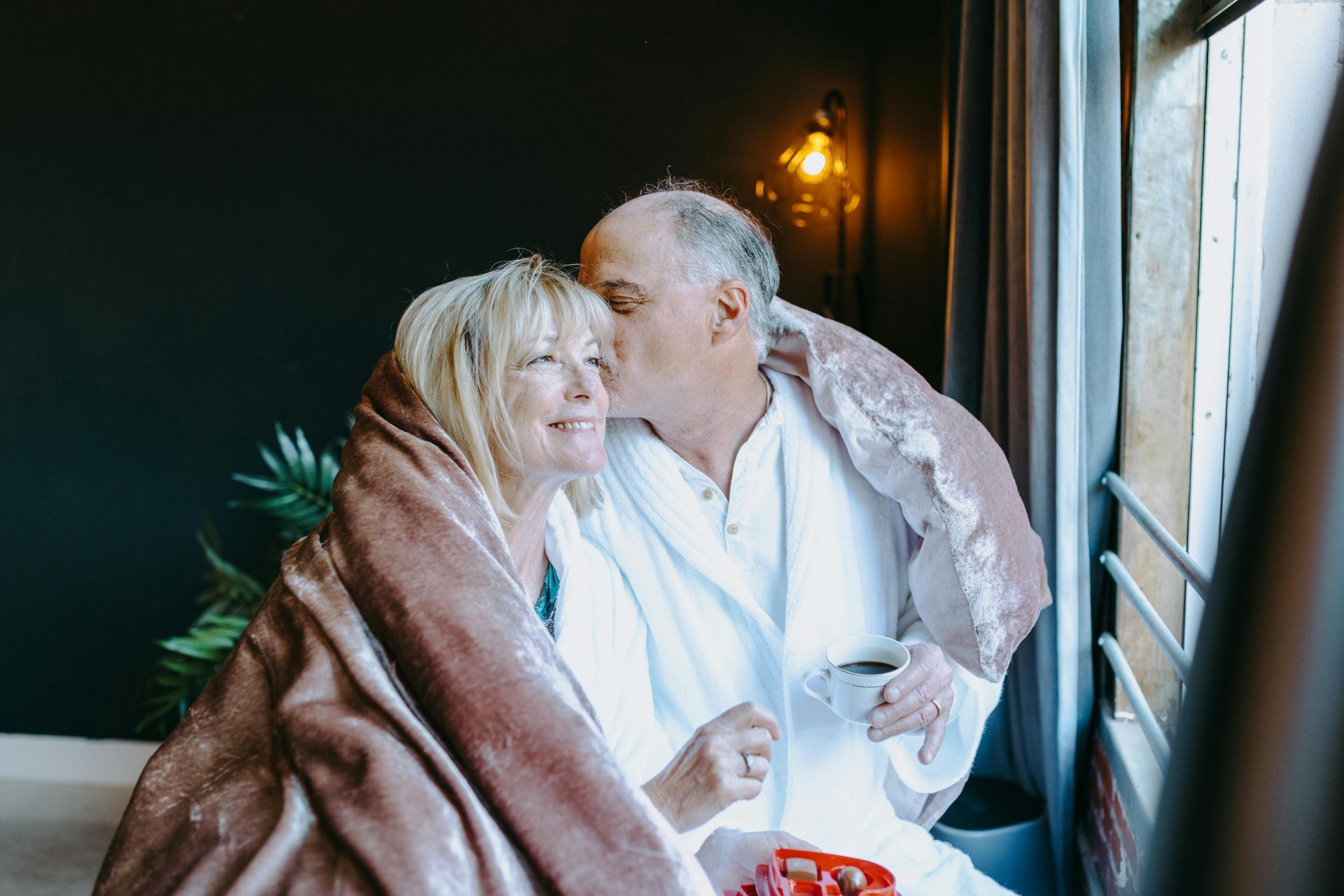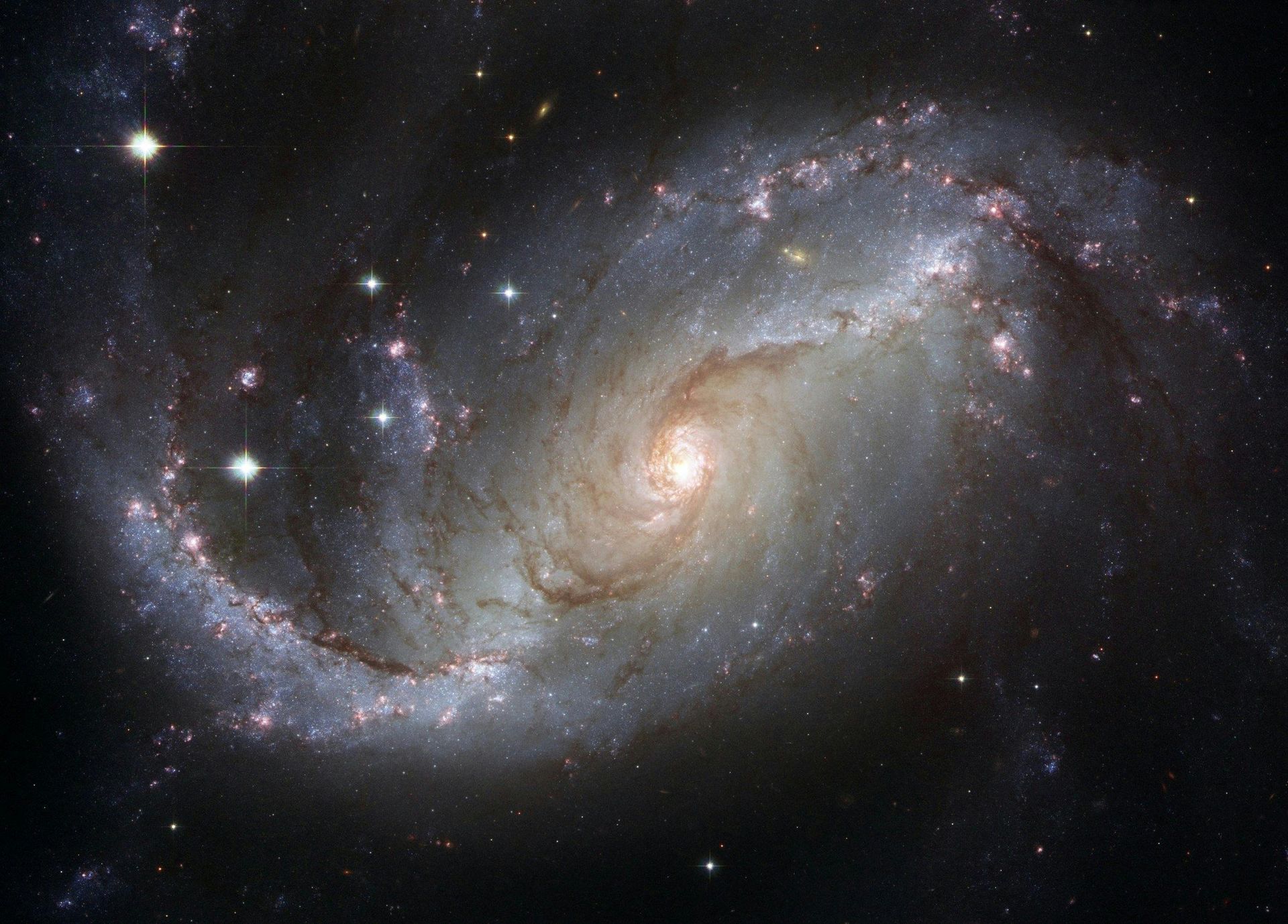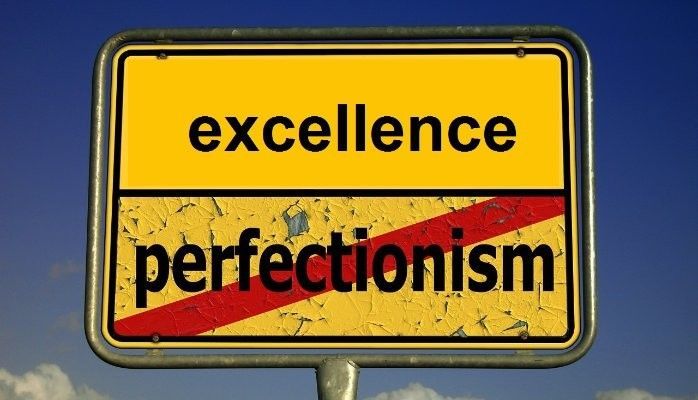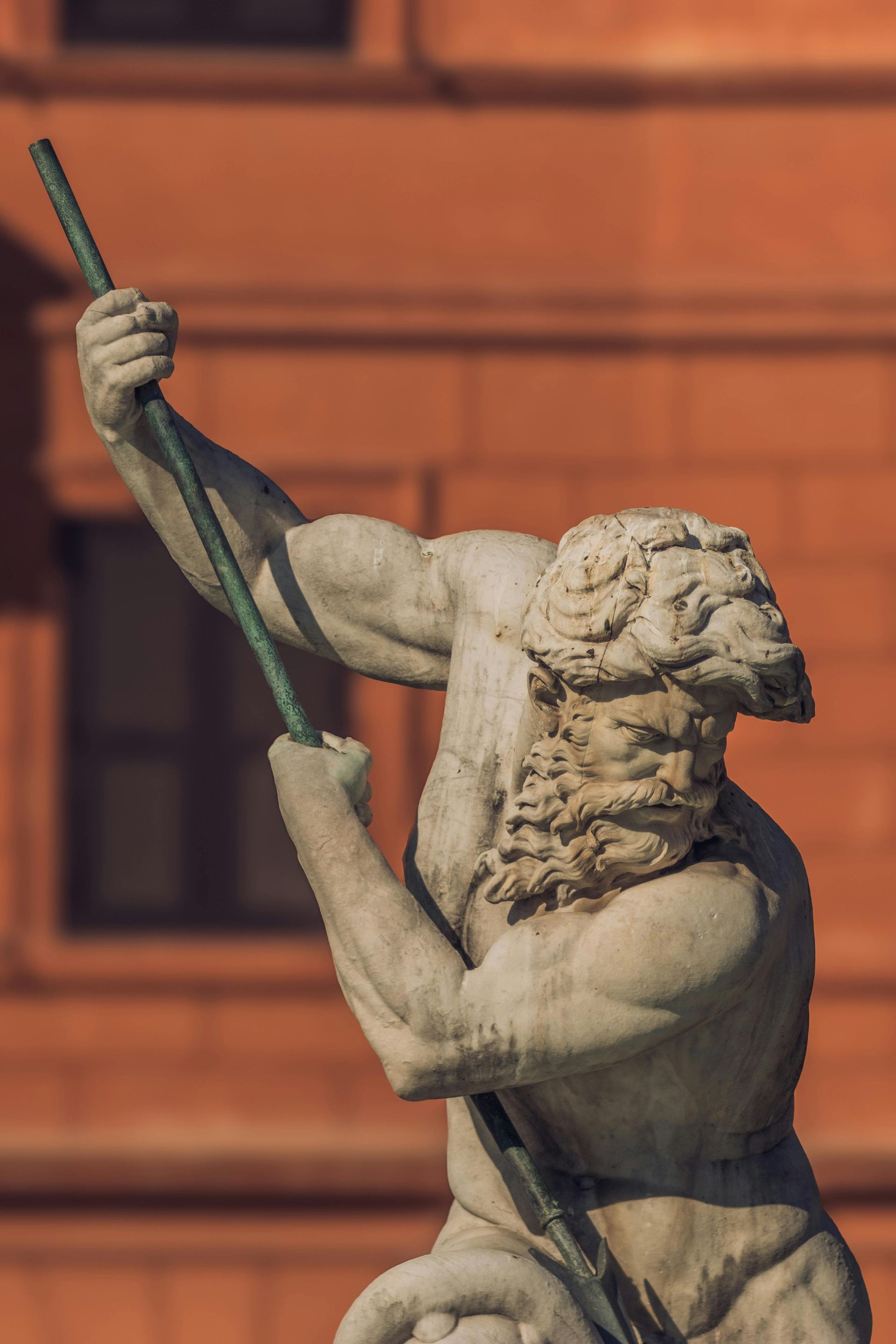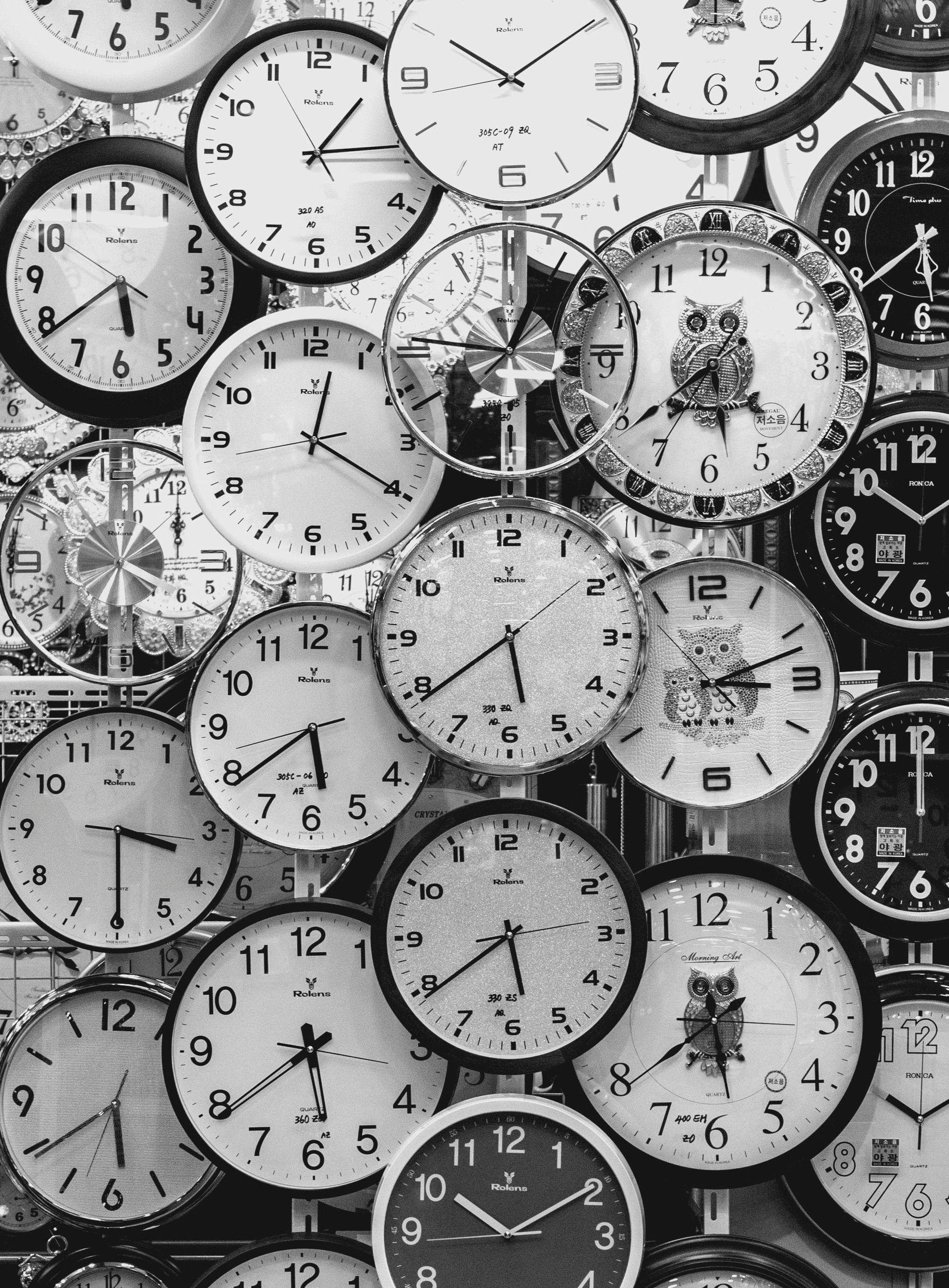Your World Turned Upside Down: Finding Happiness in What You Have
Have you ever felt like your world has been turned upside down? It’s a common experience, especially when life throws unexpected changes our way. But what if I told you that true happiness doesn't rely on what you have, but rather on your ability to appreciate the present moment, regardless of circumstances? This concept isn't new. Philosophers, spiritual leaders, and even simple greetings have long underscored the value of contentment.
The Philosophy of Less
In a previous article, "Subtracting from Your Wants", I explored how reducing our desires can lead to greater happiness. This idea aligns with teachings from various philosophies and religions.
Tao Te Ching:
Lao Tzu’s Tao Te Ching emphasizes simplicity and contentment. It teaches that the more we desire, the less we can achieve true happiness. Instead, subtracting from our wants helps us find contentment in the present moment.
Buddhism:
Similarly, Buddhism promotes the idea of detachment from material desires. According to the Four Noble Truths, craving is the root cause of suffering. By letting go of these cravings, we can attain a state of Nirvana, or ultimate peace and happiness.
Stoicism:
Stoicism, too, teaches us to focus on what we can control and to accept what we cannot. As Epictetus, a Stoic philosopher, stated, "Wealth consists not in having great possessions, but in having few wants." This philosophy encourages us to find joy in our current circumstances, rather than constantly seeking more.
Hebrew Wisdom:
Even in Hebrew, the salutation "shalom" conveys a deep meaning. Shalom means peace and completeness, wishing someone fullness and contentment with what they already have. It’s not about accumulating more, but about being whole with what you have.
When What You "Have" is Taken Away
But what happens when what you "have" is taken away? This is a question I’ve had to confront recently. Much of what I previously meditated on for happiness and satisfaction has changed in my life. It led me to question: if my happiness was tied to what I had, and I no longer had that, what did it mean for my happiness?
Initially, it felt like an obvious point—if happiness is tied to possessions or specific circumstances, then losing them should lead to unhappiness. However, it took painful work to realize that happiness isn't about what I have or don’t have. It’s about the process and practice of choosing to happy now, in the present moment, under any circumstances.
This realization reminds me of conversations I had when I first moved to Bermuda. People often told me, “You’ll have a hard time when you leave Bermuda.” My response was always the same: I didn’t think so. Yes, I was happy in Bermuda, but I was also happy in Birmingham, Greenville, Boston, Atlanta, Copenhagen, and more. My happiness didn't depend on my geography; it depended on me.
This same principle applies to being happy with what you have. It’s not about the actual possessions or circumstances but about choosing happiness, satisfaction, and gratitude in any situation.
Here are some lessons I’ve learned along the way:
- Mindfulness and Presence: Being present in the moment is crucial. Instead of longing for what was or what could be, focus on the now. Mindfulness practices can help center your thoughts and bring peace.
- Gratitude: Practicing gratitude daily can shift your focus from what’s lacking to what’s abundant in your life. Even small things, like a warm cup of coffee or a kind word from a friend, can become sources of joy.
- Acceptance: Acceptance doesn’t mean resignation. It means acknowledging your current situation and finding ways to thrive within it. This mental shift can lead to greater peace and happiness.
- Reframing Challenges: Instead of seeing challenges as obstacles, view them as opportunities for growth. This perspective can transform your experience and lead to personal development.
Life is unpredictable, and what we have today may be gone tomorrow. But true happiness comes from within. By focusing on the present moment, practicing gratitude, and embracing acceptance, we can find contentment regardless of our circumstances.
Your world may be turned upside down, but your happiness doesn’t have to be. It’s all about finding peace and contentment with what you have right now. Remember, happiness is a choice and a practice in every moment, not a location in the past or a destination in the future. We can and should choose it now.
